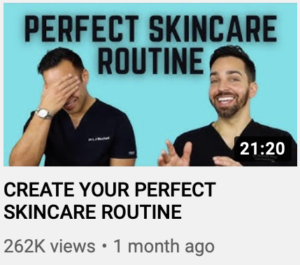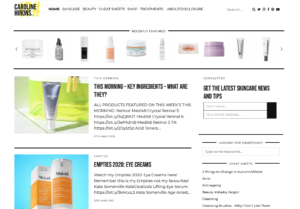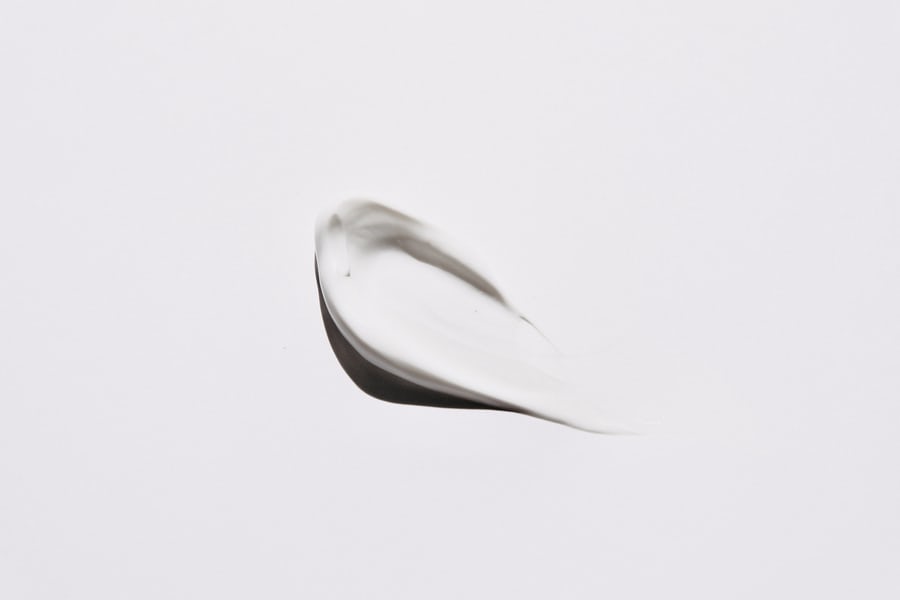TikTok dermatologists on a mission to stop misinformation on skin care
During lockdown, many people find themselves scrolling through TikTok. Having more time to fill has led to a growing interest in skincare and skincare ‘hacks’. Though some of the information shared on the app can be backed up by research and statistics, a generous amount is not very correct or reliable. Although your skincare routine may work for you, it may not work for others, and with no prior research or experience in science or skincare, diagnosing skin conditions and defining certain products as ‘good’ and ‘bad’ and can be harmful to others both physically and mentally.

Many dermatologists and cosmetic chemists have taken to the app and other social media platforms, like YouTube or personal blogs, to try to tackle the misinformation that is being spread online on skincare and give help to those who need it. These skincare experts are working the ultimate overtime to ensure that those interested in skincare or updating their routine have access to the right information and recommendations.
The UK waiting time for a dermatologist appointment can take up to 18 weeks which isn’t ideal for people experiencing pain or irritation with their skin that they are unable to control. This doesn’t include the added time of having to be referred to the dermatologist by your GP. Although TikTok is not the best place to find advice in place of a qualified medical professional, there are now skincare experts who are qualified on the app, and other platforms, who are helping a great deal of people who need help and are looking for helpful information on skincare unable to wait so long or whilst they are waiting for their appointments.
Dermatology resident physicians Doctor Shah and Doctor Maxfield have taken to social media and have been making videos to react and give his take on the viral ‘skin hack’ videos and posts that have been circulating TikTok. He has also made videos revealing the most damaging skincare trends for your skin and why to avoid them. Their YouTube channel, ‘Doctorly’, with 239k subscribers has several videos on helpful tips for different types of skin and skin conditions, dermatology, and medicine with provided scientific explanations including videos such as ‘How to Shave like a Dermatologist’ and ‘Best & Worse Skincare Hacks’.


https://www.youtube.com/c/Doctorly/videos
Caroline Hirons, a globally qualified aesthetician, who has written two books ‘skinCARE’ and ‘skinCARE: The ultimate no-nonsense guide’, runs a very popular blog where she provides links to the products she approves of along with articles explaining the benefits of each product. Hirons also appears on This Morning to talk about different beauty and skincare tips.


https://www.carolinehirons.com
“The thing to remember about personal testimonials on social media is that they do not necessarily represent scientific evidence,” said London-based dermatologist Dr. Cristina Psomadakis, who is currently completing a master’s in skin-aging and aesthetics. “People can be motivated to post something like an unusual ‘skin hack’ to gain likes and follows. Once a trend goes viral, it becomes less about its factual accuracy and more about replicating and participating in the moment.”
